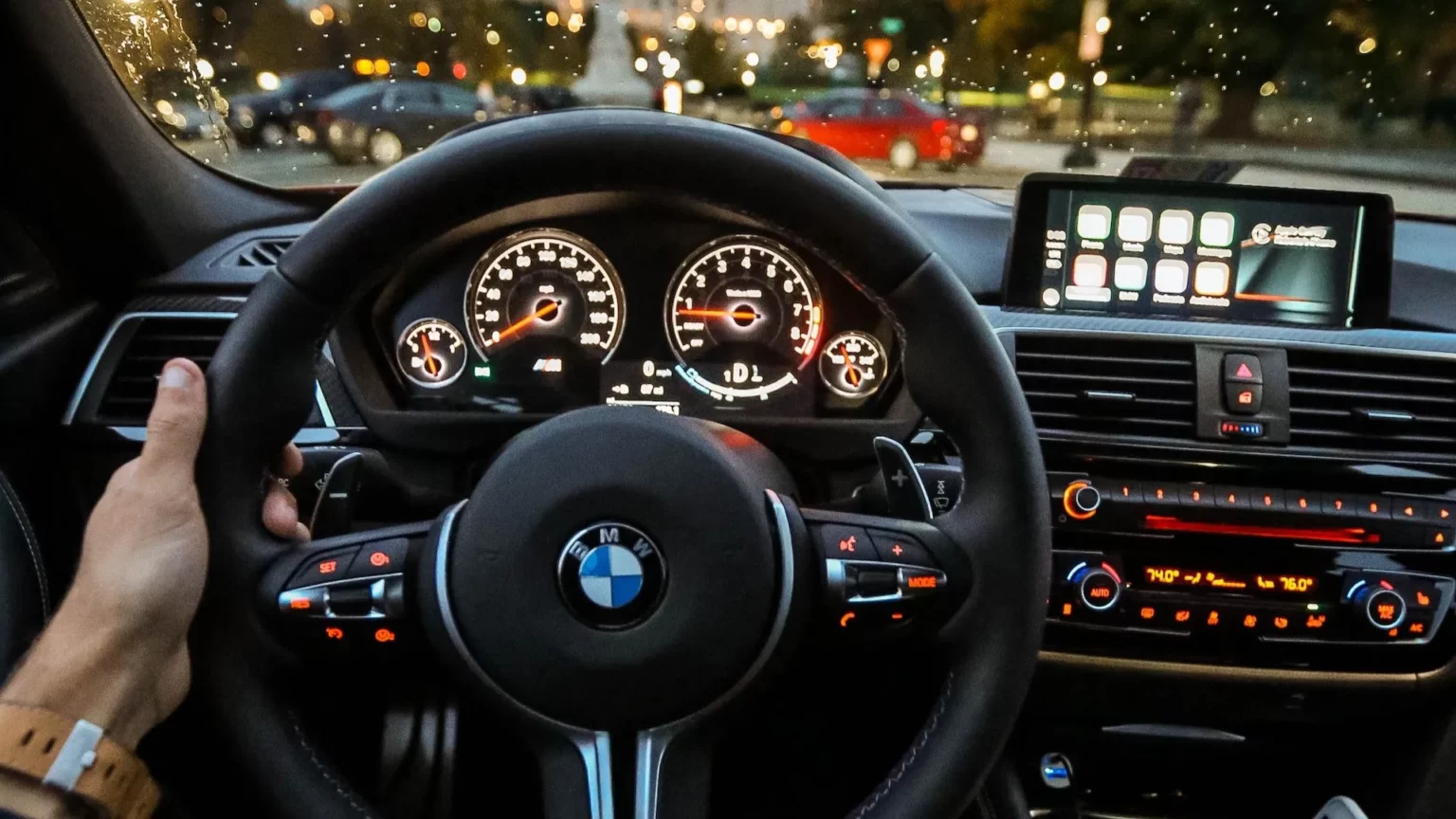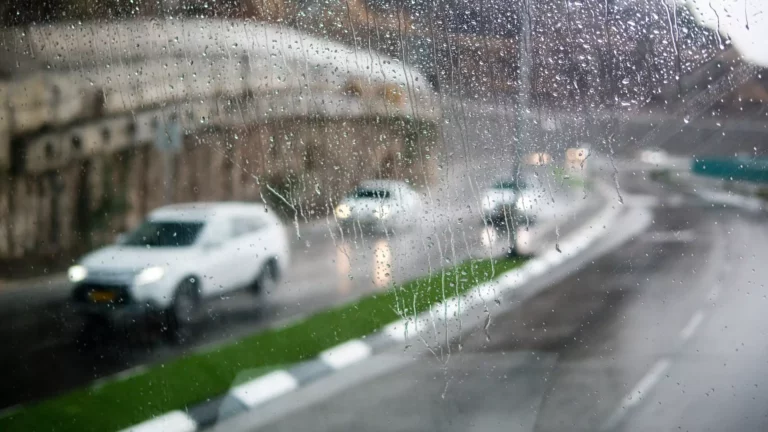How Is Fault Determined In A New Jersey Car Accident?

At some point in our lives, there’s a reasonable chance we’ll be involved in an auto accident of some sort.
Fault in a New Jersey vehicle crash can be complicated. It is often difficult to determine who was at fault, and this can lead to legal disputes and expensive settlements. However, a party’s fault is based on “negligence.” When a driver is negligent and causes an injury, the negligent driver may be liable for any damages.
Negligence can include careless driving or not paying attention to other drivers on the road. Additionally, negligence per se applies when there has been a violation of traffic laws; some common examples of violations include speeding, running a red light, texting while driving, and distracted driving.
In cases involving motor vehicle crashes due to negligence, it is important to seek assistance from a car accident attorney. An experienced attorney can help build a strong case that the other party was negligent and ensure that you receive fair compensation for your losses.
It is important to remember that the fault in a vehicle crash is not always clear-cut, which makes it critical to have an experienced legal representative on your side. A qualified car accident lawyer can assist you in navigating the complexities of New Jersey law and ensure you receive the settlement you are entitled to. Speaking with an attorney should be the first step if you have been involved in an automobile accident caused by negligence.
At the end of the day, a car accident attorney can be instrumental in ensuring that you receive the justice and compensation you deserve. They can help evaluate your case and determine if negligence is present, as well as guide how to build a strong liability case. It’s important to get legal representation as soon after an accident as possible for the best chance of success.
How To Get the Maximum Settlement
When you are injured in a car accident, it can significantly disrupt your life. Not only have you suffered an injury, but medical bills can quickly become overwhelming. We work tirelessly to ensure our clients get the financial compensation they deserve so they can concentrate on recovery and getting their lives back on track.
We take care of all aspects of your claim so that you don’t have to worry about anything but getting better. Our team of experienced attorneys will navigate the legal system for you, investigate your crash, and negotiate with insurance companies for maximum compensation. We can also assist with additional payments if you have no health insurance or can’t afford to pay your copays.
No matter the severity of your accident, we’re here to provide you with the legal assistance necessary to get the compensation you deserve. We are committed to helping people who have been injured in motor vehicle accidents and will be by your side every step of the way. Contact us today for a free consultation and take back control of your life after an auto accident.
When it comes to personal injuries caused by motor vehicle accidents, time is of the essence. So, if you’ve been injured in a crash, don’t wait any longer, contact us today for professional legal assistance. We are here to fight for your rights and help you get the compensation you deserve.
Costs For Auto Accident Victims
Auto crashes can have devastating financial consequences for victims in New Jersey. Medical bills lost wages, and car repair costs can add up to tens of thousands of dollars in expenses. It is important to understand the financial risks associated with auto accidents and take steps to protect yourself.
Make sure you have adequate insurance coverage so that you are not left with a huge financial burden if an accident occurs. Additionally, it is recommended to keep a record of all medical and repair bills related to an accident as this will help you seek reimbursement from the responsible party or their insurer. By taking these steps, you can alleviate some of the financial strain caused by auto crash injuries in New Jersey.
What is the legal standard in a New Jersey car accident lawsuit?
In the state of New Jersey, all auto accident cases are subject to a legal standard known as negligence. Under this standard, if an individual is injured in an automobile collision, it’s presumed that one or more parties involved in the crash acted carelessly and are therefore liable for compensating the victim. To obtain compensation, the plaintiff must establish four elements: duty of care, breach of duty of care, causation, and damages.
The first element is establishing a duty of care. This requires showing that each party involved in the accident owed a responsibility to other motorists to drive with reasonable caution and prudence on public roadways. If one person failed in their obligation by operating their vehicle recklessly or under the influence of drugs or alcohol, they can be held liable for any injuries caused by their negligence.
The second element is proving a breach of duty of care. Here the plaintiff must demonstrate that the defendant failed to meet an expected standard of care and therefore breached his or her obligation to other motorists on the roadway. For instance, if someone was driving at excessive speeds, this could lead to a finding that the driver was negligent.
The third element is causation, which requires showing that the defendant’s negligence directly caused the injuries sustained by the plaintiff. This means that it must be proven beyond reasonable doubt that if it were for the defendant’s actions, the injury would not have occurred.
Finally, damages are established by showing medical bills, lost wages, pain, and suffering, and other out-of-pocket expenses resulting from the accident. Damages can be both economic (tangible) and non-economic (intangible).
In conclusion, if a plaintiff can establish these four elements in their auto accident claim, then they should be able to successfully obtain compensation for any injuries sustained. It’s strongly recommended that anyone involved in an automobile collision seek legal counsel immediately to ensure that all their rights are upheld under New Jersey’s negligence standard.
Driver’s Basic Duty of Care
New Jersey drivers must always act responsibly and with caution when behind the wheel. The Driver’s Basic Duty of Care states that all drivers must abide by several laws to ensure their safety, as well as the safety of other motorists and pedestrians.
First, a driver must be aware at all times of the speed limit in the area they are driving. When traveling through residential areas or school zones, it is important to remain at or below the posted speed limit to reduce the risk of harming anyone who might be walking nearby.
Additionally, it is illegal for any driver to operate a vehicle under the influence of drugs and/or alcohol. New Jersey has strict laws prohibiting Driving Under the Influence (DUI) which can result in serious penalties and fines.
The Driver’s Basic Duty of Care also states that drivers must always exercise proper lane control. When switching lanes, it is important to use the appropriate turn signals and be aware of any vehicles around you before changing lanes. Additionally, drivers should never drive recklessly by passing other cars on the shoulder or weaving through traffic.
Finally, it is illegal for any driver to text or talk on their cell phone while behind the wheel. New Jersey has a hands-free cell phone law requiring all drivers to always keep both hands on the steering wheel when driving. Not following this law can lead to hefty fines as well as potential criminal charges if an accident occurs due to distracted driving.
Adhering to the Driver’s Basic Duty of Care should be taken seriously by all New Jersey drivers to ensure their safety and that of others on the road. Motorists who violate any of these laws can face serious consequences, including fines, license suspension or revocation, and even jail time. All drivers need to be aware of their responsibilities as motorists to make sure everyone stays safe when traveling on New Jersey roads.
Unscrupulous behavior behind the wheel will not be tolerated in New Jersey; following the Driver’s Basic Duty of Care is essential for a safe and responsible driving experience. Ignorance of this duty will not be considered an excuse if a violation occurs.
It is the driver’s responsibility to understand and abide by these laws, as well as to be always aware of their surroundings when operating a vehicle in the state of New Jersey. Failure to do so can lead to serious legal consequences for both the driver and those around them. By following the Driver’s Basic Duty of Care, motorists can help make sure that everyone stays safe on our roads.
What happens if both drivers are partially at fault?
In the event of a New Jersey auto accident where both drivers are partially at fault, there is a legal concept known as “comparative negligence” that applies. Comparative negligence means that each driver may be held responsible for the portion they contributed to causing the accident.
The issue of comparative negligence can further complicate cases involving personal injury claims since the injured party will only be able to recover damages if their actions did not contribute more than 50% to the cause of the accident. If it is found that their actions did contribute more than 50% to causing the accident, then they are considered “comparatively negligent” and cannot receive compensation for any injuries or losses incurred.
To determine the degree of fault for each driver involved in the accident, an investigation will usually be conducted. This investigation may include examining medical records, interviewing witnesses, and studying photographic evidence. Based on this information, a court may assign a percentage of fault to each party, which will determine how much compensation is awarded to each party if a personal injury claim is made.
It’s important to note that when both parties are found to be comparatively at fault for an auto accident, they can still seek financial compensation through their insurance companies. However, the amount recovered from such claims is generally lower than if one party had been held fully responsible for the entire incident.
In conclusion, New Jersey law provides that both drivers may be held partially responsible in the event of an auto accident. The degree of fault for each driver will be determined based on the evidence gathered in an investigation, and this may determine any personal injury compensation that is awarded to either party. Additionally, both parties can still seek financial compensation through their insurance companies even if they are found to be comparatively at fault.
Overall, it’s important to remember that determining liability in an auto accident involving two drivers who are partially at fault can be complex and time-consuming. It is therefore essential to consult with a qualified attorney as soon as possible after the accident occurs to ensure you receive the maximum amount of compensation available.
What damages are available in a motor vehicle wreck lawsuit?
In a New Jersey Auto Accident case, an injured person may be entitled to economic and non-economic damages. Economic damages are meant to compensate for out-of-pocket expenses such as medical bills, lost wages, and property damage. Non-economic damages are more difficult to calculate, but they can include pain and suffering, emotional distress, loss of consortium, and more. An experienced attorney can help determine the types of damages that may be available in your situation.
Depending on the facts of the accident, punitive damages may also be available if someone’s actions were particularly egregious or reckless. Punitive damages serve as punishment for bad behavior and go beyond compensating the injured party. If a jury believes that punitive damages are appropriate, they can award a much larger amount of money than typical economic or non-economic damages.
In New Jersey, auto accident victims may also be entitled to recover their attorney’s fees if the other party is found negligent. This means that you do not have to pay legal fees out of your pocket if you win the case. As such, it can be beneficial to pursue a claim for damages with an experienced lawyer who knows how to properly value your case and hold the responsible parties accountable for their negligence.
No two auto accidents are alike, so it is important to consult with an experienced personal injury attorney to determine what types of damages may be available in your situation. An attorney will understand all the applicable laws and can help you obtain the compensation that you deserve after an auto accident.
In any New Jersey Auto Accident case, it is important to seek legal advice to understand your rights and pursue a claim for the damages that you are due. An experienced attorney will be able to evaluate your case and determine what types of damages may be available in your situation. Additionally, many personal injury lawyers work on a contingency basis, meaning they only get paid if they win or settle your case. It is beneficial to consult with an experienced attorney who can provide guidance and assistance throughout the entire process.
Can I get damages if the other driver didn’t have insurance?
In the state of New Jersey, an auto accident victim can still recover damages even if the other driver does not have insurance. This is possible through a process known as Uninsured Motorist Coverage (UMC). UMC is available for purchase in most states and provides coverage for medical bills and car repairs that result from a crash involving an uninsured motorist. In addition to UMC, New Jersey also has mandatory Personal Injury Protection (PIP) insurance, which pays out up to $250,000 in medical expenses regardless of who caused the accident.
It is important to note that any damages recovered through UMC, or PIP will be less than those awarded by suing or settling with the at-fault driver’s insurance company. Additionally, victims who go through the UMC process could still be subject to a lawsuit from the at-fault driver if they are found to have contributed in any way to the cause of the accident. Therefore, it is recommended that auto accident victims consult with an experienced attorney before pursuing UMC or PIP coverage. By doing so, legal advice can be obtained on how best to protect one’s rights and maximize recovery for all damages sustained because of the accident.
In conclusion, an auto accident victim in New Jersey can recover damages even if the other driver did not have insurance. While this is possible through Uninsured Motorist Coverage and Personal Injury Protection, these options may not provide full compensation for all losses incurred due to the accident. Therefore, victims need to seek the advice of experienced legal counsel to protect their rights and pursue maximum recovery.
Can the family sue for damages if a family member was killed in a car wreck?
The family of a New Jersey car accident victim who died can sue for damages, though the exact laws and procedures vary from state to state. In New Jersey, the surviving family members are classified as “wrongful death beneficiaries,” meaning they may be entitled to compensation for their loss.
The types of damages available typically include funeral expenses, medical bills related to care before the victim’s death, lost wages due to the person’s passing, pain and suffering endured by the victim before his/her death, loss of inheritance or estate value that would have been due if not for the accident, and other similar losses.
To file a successful wrongful death lawsuit in New Jersey, certain conditions must be satisfied. A qualified attorney should be consulted to ensure that all applicable laws are met and that the case is handled properly. This includes making sure the statute of limitations has not expired (usually two years) and confirming that a “wrongful act or omission” caused the victim’s death, as set out in New Jersey Revised Statutes Annotated § 2A:31-4. It is also important to note that any damages awarded will be distributed among the beneficiaries according to New Jersey law.
Given these complexities, it is important for families seeking justice for their loved ones to seek out experienced legal counsel who can guide them through the wrongful death process in New Jersey. A qualified attorney can help survivors effectively pursue compensation from those responsible for their loss and provide invaluable advice on how best to proceed.
What is the role of a lawyer in handling my New Jersey car crash case?
A New Jersey Personal Injury lawyer plays an important role in any auto accident case. They provide legal representation for victims of crashes and assist them with seeking compensation for their damages, losses, and injuries. The lawyer will investigate the accident to determine who was at fault and what insurance coverage is available to the victim. Additionally, they may negotiate settlements between parties or represent their client in court.
The lawyer will also help victims understand their rights under state law regarding liability and compensation so that they can make informed decisions about how to proceed with their claim. In addition, they may guide on filing a lawsuit against the other driver, if necessary, which can include gathering evidence to prove negligence or responsibility on behalf of the other party. They will also review any insurance policies to ensure that their client is getting the full amount of compensation they are entitled to.
New Jersey Personal Injury lawyers are also well-versed in state laws and regulations related to accident claims, giving them the insight and knowledge needed to fight for their client’s rights. Furthermore, they may be able to provide advice on how to handle medical bills and other expenses incurred after an accident. Ultimately, these skilled professionals can make a tremendous difference in helping victims get the justice and financial compensation they deserve following an auto accident.
Related Blogs
No Fee Unless
GGL Wins
We've got you covered.
We are available 24/7/365
One of our advisers will contact you.

OFFICIAL PARTNER OF RUTGERS ATHLETICS



Recent GGL Wins
Auto Accident
Mediation award Plaintiff was injured in an intersection motor vehicle collision resulting in neck and lower back fusion surgeries.
$2 Million
Verdict
Workers' Compensation
25-year-old laborer died in an industrial accident while working.
$1.15 Million
Verdict
Construction Accident
Roofer fell off roof causing head trauma resulting in a head injury. Plaintiff was not given fall restraint protection equipment by contractor.







